Signs It’s Time to Seek Help
There comes a time in our lives when emotional or psychological pain feels more acute. Maybe we just had a fight with our partner. Maybe we have been uprooted and feel lost and alone. But a question sometimes comes up even without those heavy things. It’s the question: Do I need therapy?
And it is a good question. Not because it has a perfect answer, but because the act of wondering—of poking your head up and noticing that something’s off—is the beginning of honesty.
And honesty is what therapy runs on. Not performative honesty, like the kind that wins arguments or gets Instagram likes. But the raw kind. The kind that says, “I don’t know what’s wrong. But something is.”
Do I Need Therapy: A Call for Help
Let’s be clear: Therapy isn’t just for people whose lives have burst into flames. It’s for anyone who keeps smelling smoke and can’t find the source. It’s for people who function on the outside and unravel a little more every night on the inside. It’s also for those who feel fine but want to dig deeper into self-awareness and personal development.
It’s for the ones who cry in parking lots, and the ones who haven’t cried in five years. And if you’ve been wondering things like “Why am I always anxious?” or “Why does everything feel like too much lately?” these things are your brain’s way of calling out for help.
And there’s no shame in answering it.

Why Do I Feel So Overwhelmed All the Time?
Let’s talk about overwhelm. Not the good kind, like standing in front of the Grand Canyon. The other kind—the kind that makes opening an email feel like disarming a bomb. Chronic overwhelm is not a sign you’re weak. It’s a sign your nervous system has been playing defense for too long.
When cortisol and adrenaline are constantly circulating, your brain forgets what calm even feels like. The alarm part of your brain starts screaming “fire!” when you’re just doing the daily basics. And eventually, the tiniest decision feels like it could stop you in your tracks for an hour.
Therapy doesn’t get rid of responsibilities. It does something better—it teaches you how to regulate your inner world so the outer world doesn’t feel like a wall you can’t climb. It helps you notice your triggers, rewire automatic stress loops, and breathe again. Literally.
Sometimes that’s the first bit of homework: breathe.
Why Am I Always Anxious?
Anxiety is not just “nerves” or “being dramatic.” It’s a hypervigilant brain doing its best to predict and prevent disaster. Sometimes it gets stuck in high gear. Anxiety isn’t always panic attacks, either. Sometimes it’s the mental browser with 57 tabs open, and you just can’t pick one to focus on.
When you ask, “Do I need therapy?”, anxiety often answers. Anxiety is not an enemy—it’s a messenger. And therapy helps you shift from alarm to evaluation and action.
There are ways—actual, evidence-based ways—to retrain your brain so it doesn’t treat every situation like tragedy is about to befall.
I Feel Stuck in Life
Feeling stuck is often not about laziness or lack of motivation. It’s usually about ambivalence: wanting to move forward but fearing what might change.
The human brain loves the familiar, even when the familiar is quietly crushing us. So we freeze. Or loop. Or scroll endlessly at night, not because we’re lazy, but because we’re paralyzed by the uncertainty of our next move.
Therapy is different than a motivational poster or a bio-hack. It’s deeper. It asks: what are you avoiding? What does movement really threaten? Sometimes, just saying these questions out loud in a safe space is enough help you gain some perspective.
Am I Depressed or Just Sad?
Sadness tells the truth. Depression distorts it. Sadness is a wave that comes and goes. Depression is a fog that settles in and rewrites your narrative, telling you that nothing matters, especially you.
The line between sadness and depression isn’t always obvious, but here’s a hint: if your sadness is affecting how you eat, sleep, connect, or care about life itself, it’s probably time to talk to someone who knows how to decipher the difference.
Therapy doesn’t fix you because you’re not broken. But it can untangle the knots that sadness ties too tightly. A good therapist won’t hand you clichés or affirmations. They’ll walk with you through the biology and psychology of what’s going on—and show you how to reclaim some light.
Do I Have Trauma and Not Know It?
Trauma is not just about what happened. It’s about what didn’t happen—like not feeling safe, not being seen, or not having someone to help you regulate when things got hard. Trauma can live quietly in the body for years.
It shows up in startle responses, in gut issues, in the way you avoid eye contact or over-explain everything. It’s possible to carry trauma and not realize that your responses aren’t just “how you are”—they’re how you’ve adapted.
Asking “Do I need therapy?” is often the body’s way of whispering: we can’t keep doing it this way. And therapy, especially trauma-informed therapy, doesn’t make you relive everything. It helps your body learn that it’s safe now.
I Don’t Feel Connected to Anyone
If connection feels impossible lately—if you go through the motions but nothing really lands—that’s not a personality flaw. It’s often a defense. Maybe you got hurt. Maybe vulnerability was never modeled for you.
Maybe you’re so used to scanning everyone else’s emotions that you forgot your own. Disconnection isn’t a final state. It’s a signal.
Therapy gives you a real-time relationship where you don’t have to manage someone else’s needs. You get to be a subject, not just an object in someone else’s story. That’s rare. And once you taste that kind of presence, your capacity for connection elsewhere begins to grow.
How Do I Know If I Need Therapy?
Still unsure? Here’s a list that doesn’t cover everything, but it’s a good start:
- You feel overwhelmed or numb more often than not
- You’re anxious or irritable and don’t know why
- You’ve stopped enjoying the things you used to love
- You keep asking, “What’s wrong with me?”
- You have trouble making decisions or trusting yourself
- You feel isolated even when surrounded by people
- You’re surviving, not thriving
If more than two of those sound familiar, you probably don’t just need a vacation. You might need therapy.
What Does a Therapist Do?
A therapist isn’t there to judge, diagnose you on sight, or fix you. They are there to hold up a mirror and say, “I see you. Let’s understand what’s going on here.” They help you map out your thoughts, trace your emotional habits, and build a different kind of inner scaffolding—one that holds your real self, not just your coping mechanisms.
Therapists are trained in techniques backed by neuroscience. They know how the brain stores emotion, how patterns form, and how healing can happen—not magically, but measurably. They ask the kinds of questions you didn’t know you were allowed to ask.
A New Place to Begin
If you’ve been asking “Do I need therapy?”, the answer might not come with a loud clashing cymbal. It might come in the quiet relief of knowing you don’t have to keep holding everything by yourself.
At Pathways Family Therapy in San Diego, we offer that space—the real kind, where compassion meets clinical expertise, and your story is safe to unfold. Whether you’re tangled in anxiety, heavy with unspoken sadness, or simply wondering what’s next, you don’t have to do it alone. Let’s figure it out together.
Therapy might not fix everything. But it can help give you the clarity, steadiness, and connection you’ve been missing. That’s worth exploring. Make an appointment to talk to someone here.
This article has been clinically reviewed by Jeff Williams, Licensed Clinical Social Worker – LCSW 28894.




